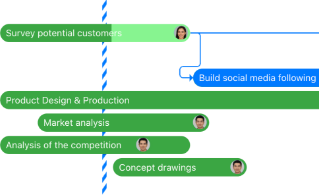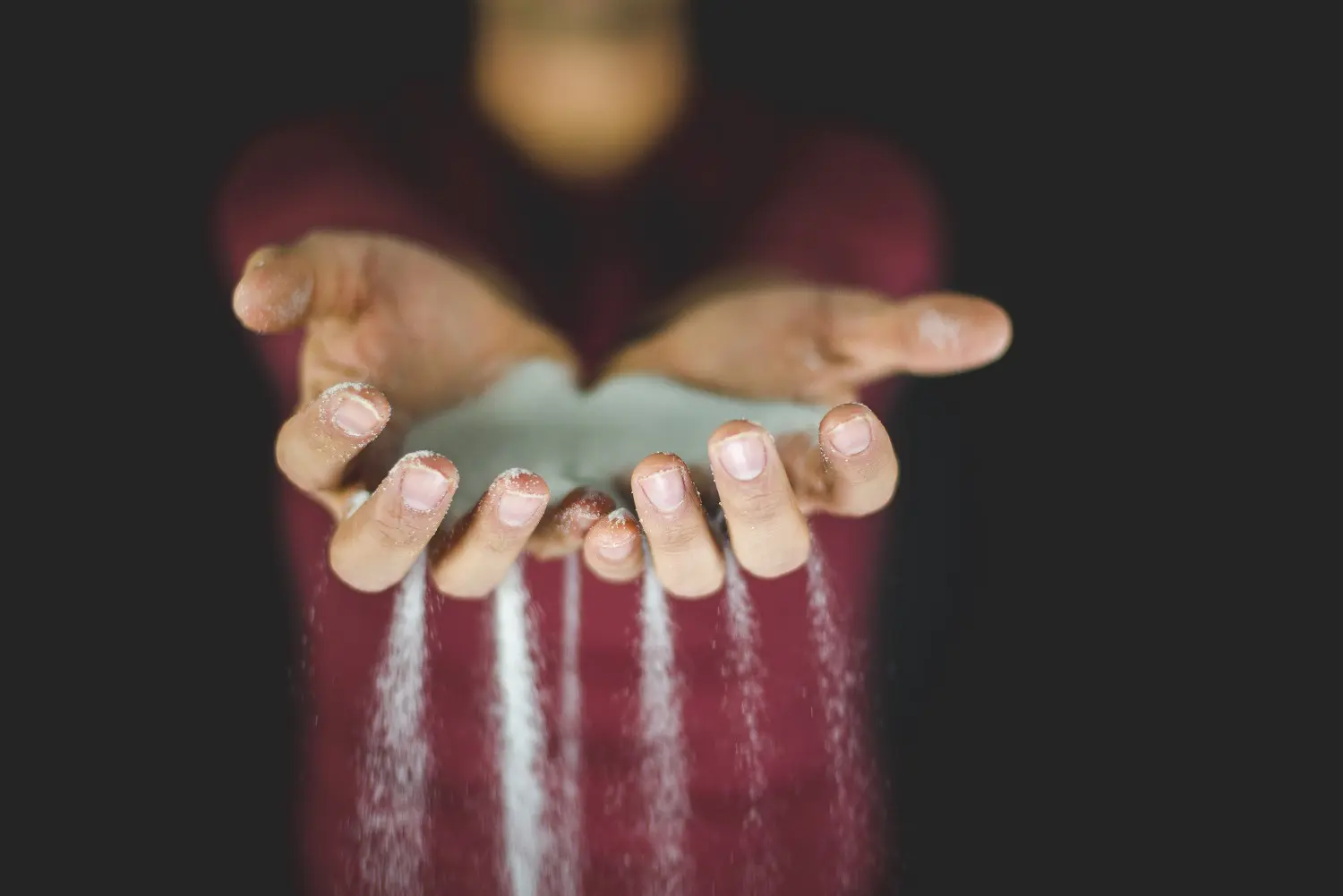The Argument for Idleness
Why rest is so important for better productivity and quality of life
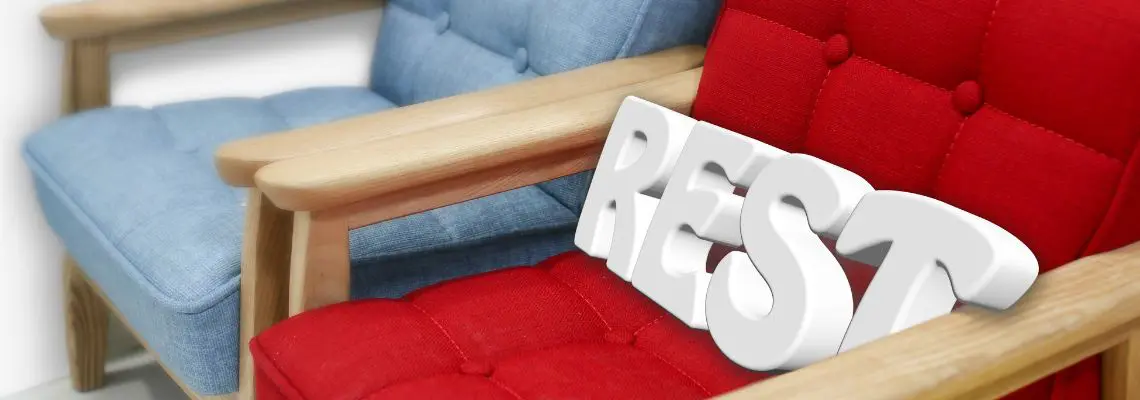

We should be playing hard (i.e. resting lots) in order to be able to work hard in the first place.
Why Rest Is Important
We seem to live life at high speed these days. We don’t build in time to just slow down to absorb and internalize the information that’s come our way over the day, we just move right on to the next thing. There’s a level of tension that comes from constantly fielding new information that can only be diminished by actively setting aside some time to decompress.
Busier Is Not Better
These days, working long hours and being ‘so stressed’ are paraded around like a badge of honour. You’re given props for staying late at the office, pulling all-nighters to launch on time, and eating lunch (or even dinner) at your desk. While our current cultural obsession with working hard is admirable, often this hard work is performed at a detriment to other areas of our life, and even to the work itself.
There is strong evidence that shows that overwork, or working too much has diminishing returns on productivity, particularly in the form of costs to your health and emotional well-being.
If you’re working so much that you can’t possibly spend any more time working, and those long hours are starting to take a toll on you, what do you have left? How can you improve your productivity any further? Says Tony Schwartz, a journalist and CEO of The Energy Project:
“If time is no longer an available resource, what is? The answer is energy.”
Time to Give Your Brain a Break
Time off from the pressures of your day-to-day restore your brain’s stores of energy, attention, and willpower. Rest is an essential component of productivity, allowing you to achieve a high level of performance as well as giving you time to form stable memories of the new things you learn each day.
Self-help pioneer and author of How to Win Friends and Influence People, Dale Carnegie, said it best:
“…to prevent fatigue and worry, the first rule is: Rest often. Rest before you get tired.”
Time spent daydreaming, napping, gazing into the distance, and generally being idle is not a sign of laziness or apathy. Far from it — it is as essential to the brain as good food and exercise are to the body.
Time spent being idle is necessary to getting anything done at all!
How to Build More Idleness Into Your Day
Being idle doesn’t just mean ‘not working’. You need to be conscious of the type of idleness you engage in in order to reap the benefits. In this case, being idle really means ‘doing nothing’. It doesn’t mean catching up on Netflix, reading a book, hanging out with your friends, or clicking around online. Doing nothing means relaxing in a calm, quiet environment, away from distractions of any type.
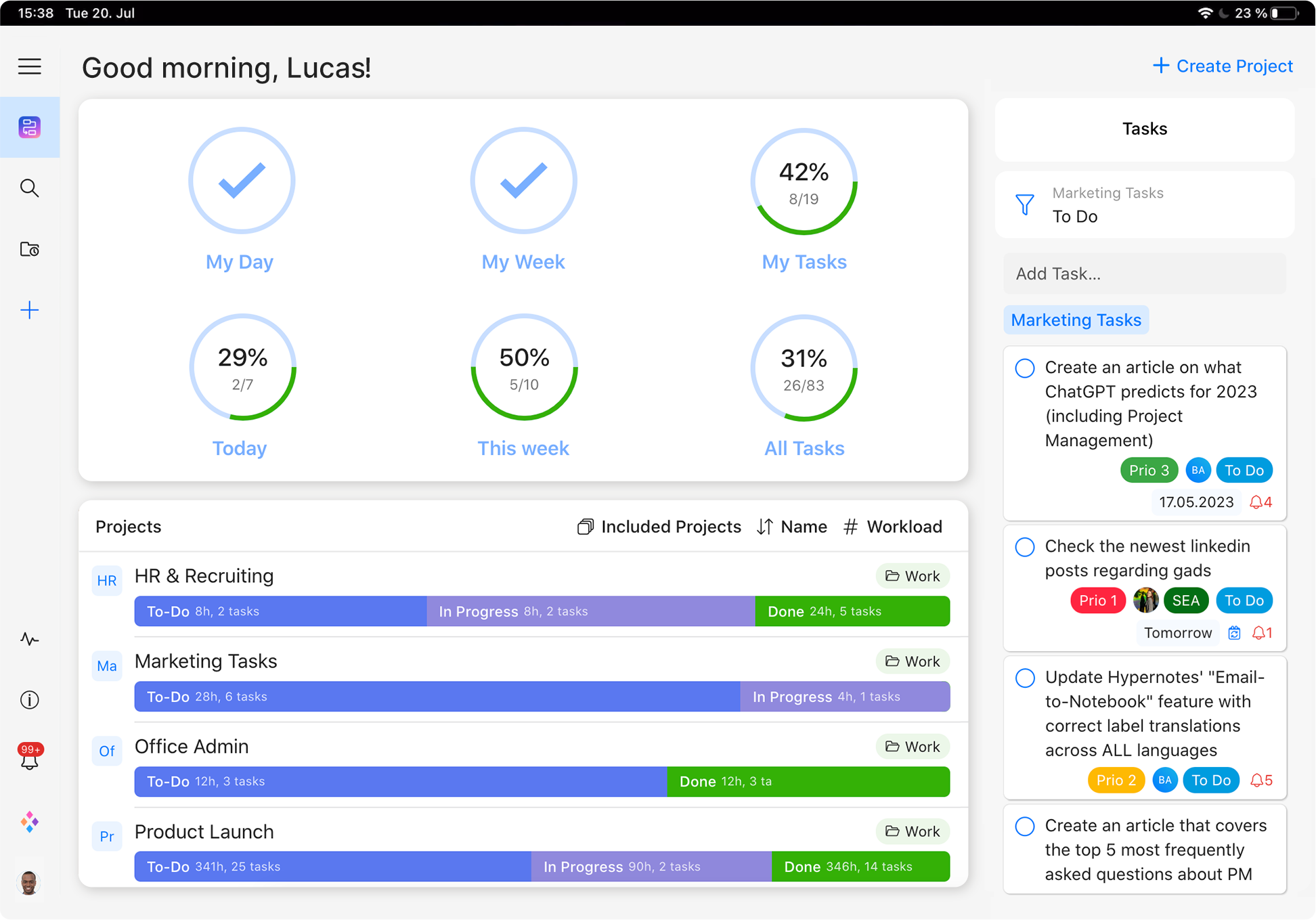
Save yourself time and effort.
Sign up for free today!
Here are 4 ways you can ‘do nothing’ to help you get better at doing everything:
Sleep

One of the most important, effective ways to rest your brain is sleep. Have you ever noticed that after a good night of rest, the motivation you sought to write that last chapter, that creative energy you lacked when searching for a solution to a particular issue, or the weird German grammatical quirk you were struggling to remember is suddenly restored, clear as day?
There are many studies that demonstrate just how important sleep is to nearly every aspect of your life, and getting enough sleep is one of the most well-recommended tips for improved health, productivity, athletic performance, memory and learning, etc, etc, etc.
For most people, ‘enough sleep’ is around 8 hours a night, but it can vary.
In a great article about the effects of sleep deprivation on productivity, writer Jill Duffy outlines how a lack of sleep can have negative effects on not only your alertness, but also judgement and decision making, creative thinking, memory and learning, and response times, and risk-taking. These are all things that can deeply impact your ability to be productive and effective at work.
For more fascinating facts about how sleep or the lack thereof affects all aspects of your life, check out Eyes Wide Open: Part 1 and Part 2 on NPR’s Hidden Brain podcast.
Nap

Maybe you haven’t been able to get a good night’s sleep. That’s okay. Napping can be effective, too!
If your workplace allows you to take naps, or if you have flexible work hours/locations, try incorporating a nap into your workday. The afternoon slump between 2 and 4 pm seems to be the best time to nap, based on our physiological propensity to feel low energy at that time, but everyone’s different! Pay attention to your own rhythms and build a nap in when you feel tired.
A good long nap is ideal, but most of us can’t afford to spend a couple of hours sleeping, and then another couple recovering from the grogginess (sleep inertia) that sometimes happens afterwards.
This is where ‘micro-naps’ of 10 minutes can save the day. A 2006 study by researchers at Flinders University in Adelaide, Australia, found that, compared to 20 and 30-minute naps, 10-minute naps enhanced performance just as much, but didn’t produce any grogginess. After 10 minutes, you should wake up feeling refreshed and ready to tackle the next task, without having to wait for sleep inertia to wear off.
To get good at quick naps, try following the relaxation routine developed to help navy pilots fall asleep quickly anywhere and everywhere, outlined in this great piece by the Art of Manliness.
Go Outdoors
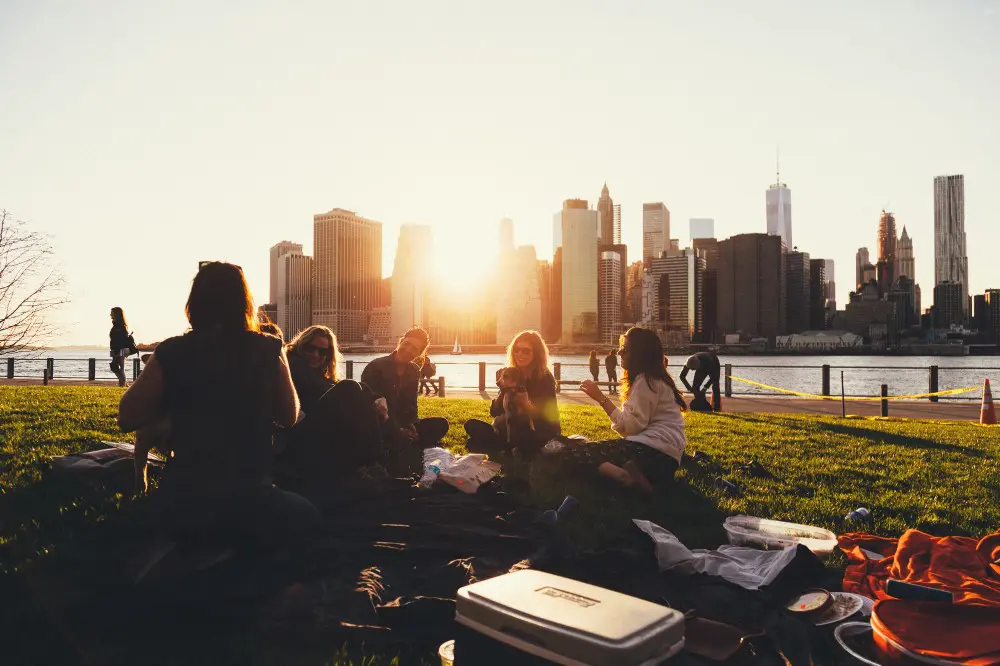
Not every company has dedicated nap zones built next door to the conference rooms. In fact, the vast majority of workers don’t have the option to nap at all. If falling asleep at your desk is frowned upon, getting out of the office for a while might be the break you’re looking for.
Spending a little time outdoors, preferably among nature, is a manageable solution for the mental fatigue we suffer after a taxing few hours of work. Being outdoors in nature helps us in a multitude of ways, from recovering from the effects of “directed attention fatigue”, to decreasing stress and improving mood, all within as little as 5 minutes.
It’s easier than you think to get outside, too. Try biking to work instead of driving, if you can. Take a walk to a park or riverfront, set up your lunch at a sunny spot outside, or kick off your shoes to dig your toes into the grass for a couple of minutes. It can do wonders to refresh and restore your energy.
Meditate
I’ve written about the positive effects of meditation before, in terms of it teaching you how to focus, but the benefits of meditation go far beyond training your mental faculties.
Beyond renewing our powers of concentration, meditation builds our attention by helping strengthen connections between different areas of your default mode network. This can significantly improve visuospatial processing, working memory, and executive functioning, and reduce fatigue and anxiety.
The DMN is the network of brain cells responsible for how you think about yourself and others, as well as how you remember the past and think about the future. It works away at problems and examines new information you’ve learned, completely outside of your control, and it’s only active during passive rest and mind-wandering (e.g. meditation).
Aside from strengthening bonds in the DMN, meditation performed regularly over time can cause significant structural changes to the brain with positive effects. From developing a more folded cortex (which is necessary for sophisticated mental acrobatics like abstract thought and introspection) to increasing the volume and density of your hippocampus (which is central to memory function) and even reducing the rate at which our brains wither as we age, meditation can be pretty wonderful.
To start practising yourself, you can join courses, take part in a yoga class that focuses on meditation, or use guided meditation you can purchase or find for free online in the form of YouTube videos, apps, or audio guides.
Final Thoughts
In the end, there’s a huge difference between reading articles like this or occasionally taking your lunch break in the park, and actually committing to more rest in real life. Nothing I’ve written here is a big, new revelation. You’ve probably read a lot of similar advice elsewhere a thousand times and you already know you should be unplugging and getting out into nature more often.
I just hope that after reading this you start to practice it a bit more diligently. Take one of my suggestions and schedule it into your day, every day for a month. Whether it be meditating, getting to bed earlier, or getting a nap in at 3 pm, give idleness an honest shot and see where it takes you.
Cheers,
Siobhan & the Zenkit Team
FREE 20 MIN. CONSULTATION WITH A PROJECT MANAGEMENT EXPERT
Wanna see how to simplify your workflow with Zenkit in less than a day?
Book a Live Demo